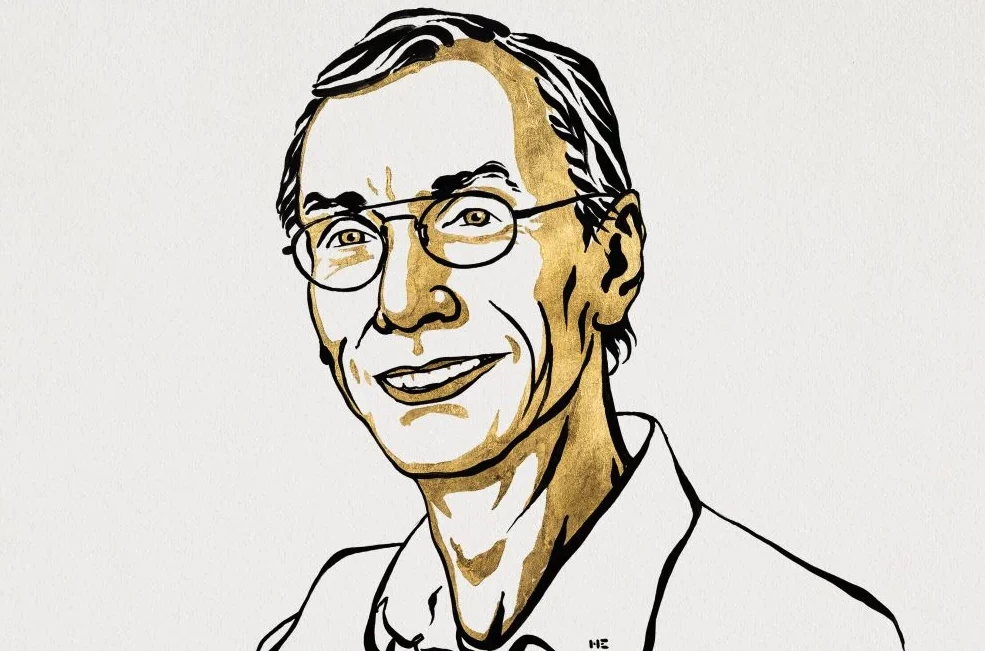The 2022 Nobel Prize in Physiology or Medicine has been awarded to Swedish geneticist Svante Pääbo, for his work in tracing human evolution by reconstructing the genomes of extinct hominins. Pääbo was the first to sequence the Neanderthal genome and discovered a brand new human relative.
While Neanderthals have been known as an extinct human relative for well over a century, exactly how they were related to modern humans has been harder to study. DNA degrades over time, leaving only trace amounts after thousands of years and making it difficult to analyze the genomes of Neanderthals, which went extinct around 40,000 years ago.
Through the 1990s, Pääbo developed techniques to tackle the problem, starting with mitochondrial DNA, which is present in a larger amount of smaller fragments than nuclear DNA. When this was compared to the mitochondrial DNA from modern humans and chimps, clear genetic differences emerged.
Later, Pääbo established a Max Planck Institute in Leipzig, Germany, and led a team of scientists to develop and refine techniques to isolate and analyze DNA from fossil bones. All that work finally paid off in 2010, when the first complete Neanderthal genome sequence was published. This revealed that the last common ancestor of modern humans and Neanderthals lived about 800,000 years ago.

Around the same time, Pääbo’s team made another major discovery. They sequenced the genome of a 40,000-year-old finger bone found in Denisova Cave, Siberia, and discovered that it didn’t match humans, Neanderthals or any other known species. Instead, it belonged to a previously unknown hominin, which came to be named the Denisovans.
The team analyzed genome sequences from other extinct hominins as well, and even discovered a specimen that was a first-generation hybrid of a Neanderthal mother and a Denisovan father.
Pääbo’s work led to the establishment of a brand new scientific discipline, known as paleogenomics. With this, scientists are now able to investigate the genetic influence of ancient hominins on modern humans. For instance, it’s now known that people of European or Asian descent have up to four percent Neanderthal DNA, while those from Melanesia and parts of South East Asia carry up to six percent Denisovan DNA. Some of these genes influence modern physiology.
Pääbo’s seminal work helped us understand our history as humans and our place in the world, and his long list of achievements has now culminated in the 2022 Nobel Prize in Physiology or Medicine. The other Nobel Prizes will be awarded this week.
Source: Nobel Prize.org




